When should you retire? This is a commonly asked question, even for those who have already given some thought to their retirement years. Perhaps you’re already saving and investing, but don’t have a clear idea of when those days of freedom will begin. In this post, we’ll answer some of the most commonly asked questions in regards to when you should retire.
When do most people retire, and why?
Though the “normal” retirement age is between 65 and 67, retirement ages vary from person to person. These days, many people have to keep working past retirement age. Some of the main reasons for this are not having saved enough and the cost of medical insurance. The ability to keep medical insurance and other benefits through an employer cause many people to stay at their job longer than they might prefer. Another reason for older retirement is having taken on too much debt without the ability to pay it off. This can be an issue whether you take on large amounts of debt at age 50 or age 70.
If you started saving in your younger years, took on manageable amounts of debt, and have options for healthcare, there’s a good chance you may be able to retire at a younger age. A financial advisor can help you assess your situation. They’ll take all of the variables into account, and give advice about a retirement age that will be practical and successful for you. If you’re not ready to retire at age 65, don’t worry. An advisor can also help you decide what steps need to be taken in order to set yourself up for a rewarding retirement at the right time for you.
What is the most overlooked aspect of retirement planning?
We have found that one of the most overlooked aspects of retirement planning is having a really clear picture of what retirement will actually look like. Retirement is such an exciting new phase of life. There is a great anticipation of not having to work anymore and instead having lots of free time to do what you love. However, what’s often missing is a structure for how you will live when the requirements of a 40-hour work week are removed.
As we discussed in our previous post, Planning for Retirement, it’s very important to think about your planned retirement lifestyle long before you actually retire. This will help you determine how much you need to have saved. For example, the amount will vary greatly depending on if you want to go fishing down the street every day, versus if you plan to travel internationally multiple times each year. Also, remember that having 40+ extra hours of free time each week naturally provides much more opportunity for spending. Life will look very different than when you spent most of your days at work.
When should you begin drawing from Social Security?
When it comes to Social Security, there is no one-size-fits-all option. There are many factors to consider, including life expectancy, survivor benefits, spousal benefits, possible ex-spouse benefits, cashflow, taxation, and overall financial goals. Individual circumstances make it advantageous for some to begin claiming at 62. In contrast, others will find it more beneficial to wait until age 70.
If you want to know how much you will be receiving from Social Security, you can check out your mySocialSecurity account online. Just remember that the amount will change depending on the age that you start drawing from it. If you start claiming before your full retirement age, your checks will be smaller for the rest of your life. Full retirement age varies slightly based on the year you were born. You can find out your full retirement age with the Social Security retirement calculator by clicking here.
Keep in mind that it’s extremely difficult to live on social security alone. In fact, it’s best if you have enough saved so that you don’t NEED social security at all. It’s surely a helpful extra, but you shouldn’t have to depend solely on it.
So, when should you retire?
As you now know, there is no one-size-fits-all age for retirement. There are many factors to consider. Some of these factors include whether or not you want to keep working, your health, your post-retirement plans, the age(s) of your kid(s), whether you plan to downsize or stay in the same house, remaining debt, and more.
We hope this post helped you to think through some of the important questions you might be asking when considering retirement. Since retirement age is such a personal decision, we always advise you to speak with a financial advisor to help you make your retirement plans. Milestone Wealth Management is here for you, and we specialize in helping you plan for your future. You only get one shot at retirement. We’ll help you get it right. Contact us today!
This material is not intended to replace the advice of a qualified tax advisor, attorney, or accountant. Consultation with the appropriate professional should be done before any financial commitments regarding the issues related to the situations above are made.

